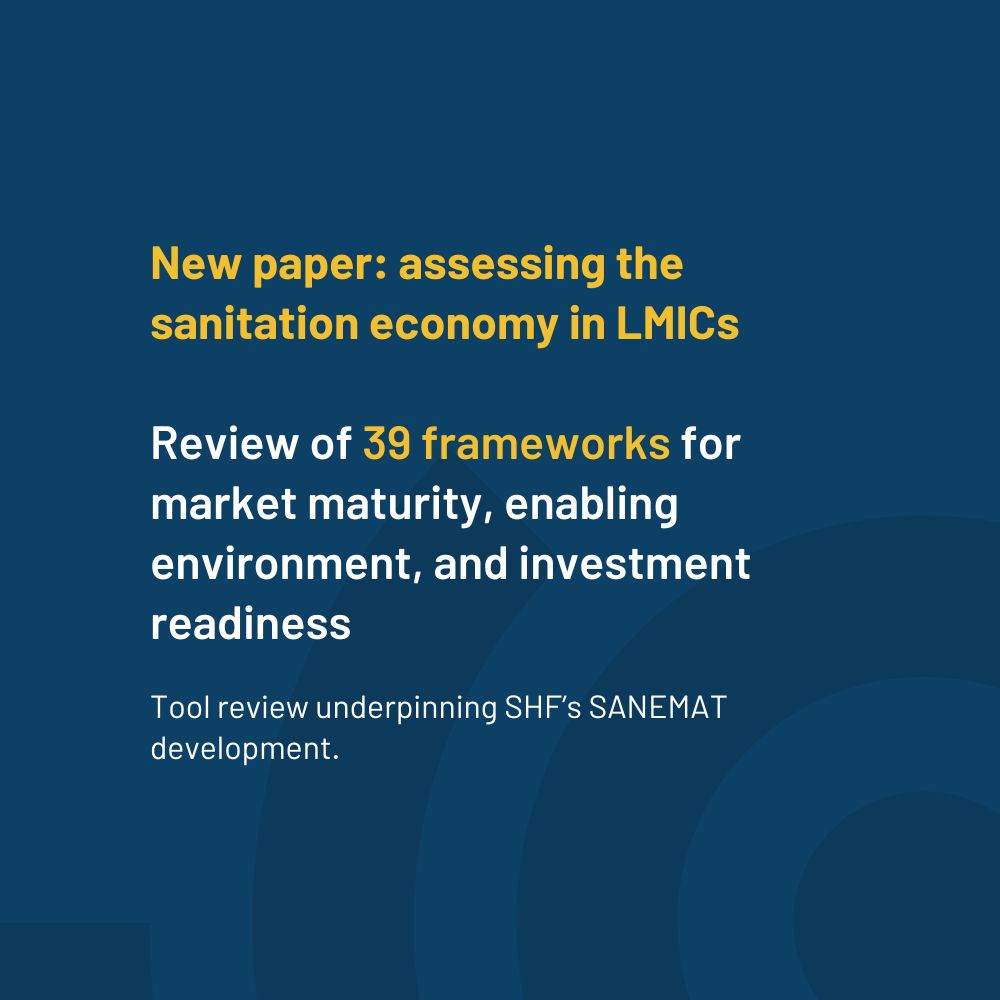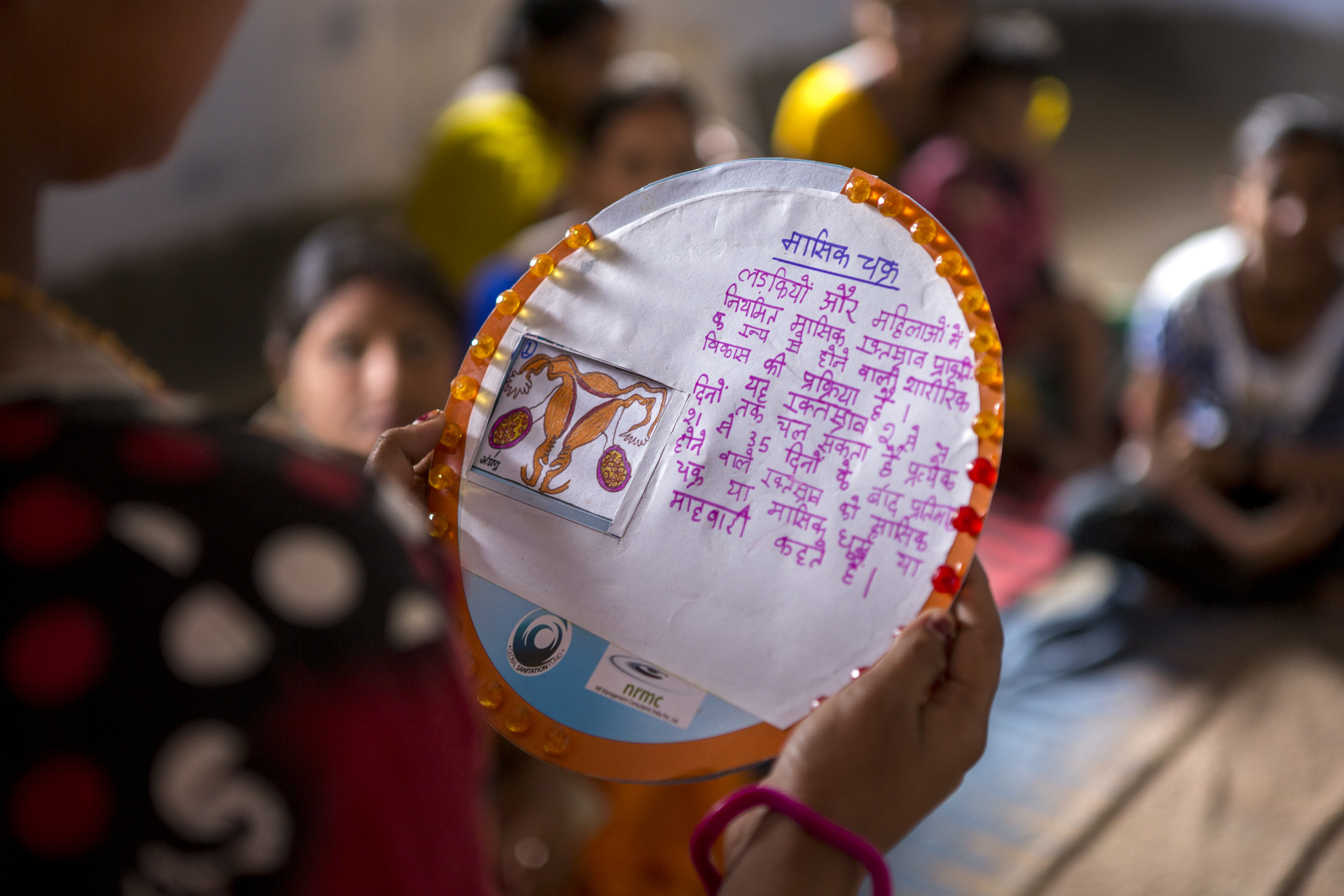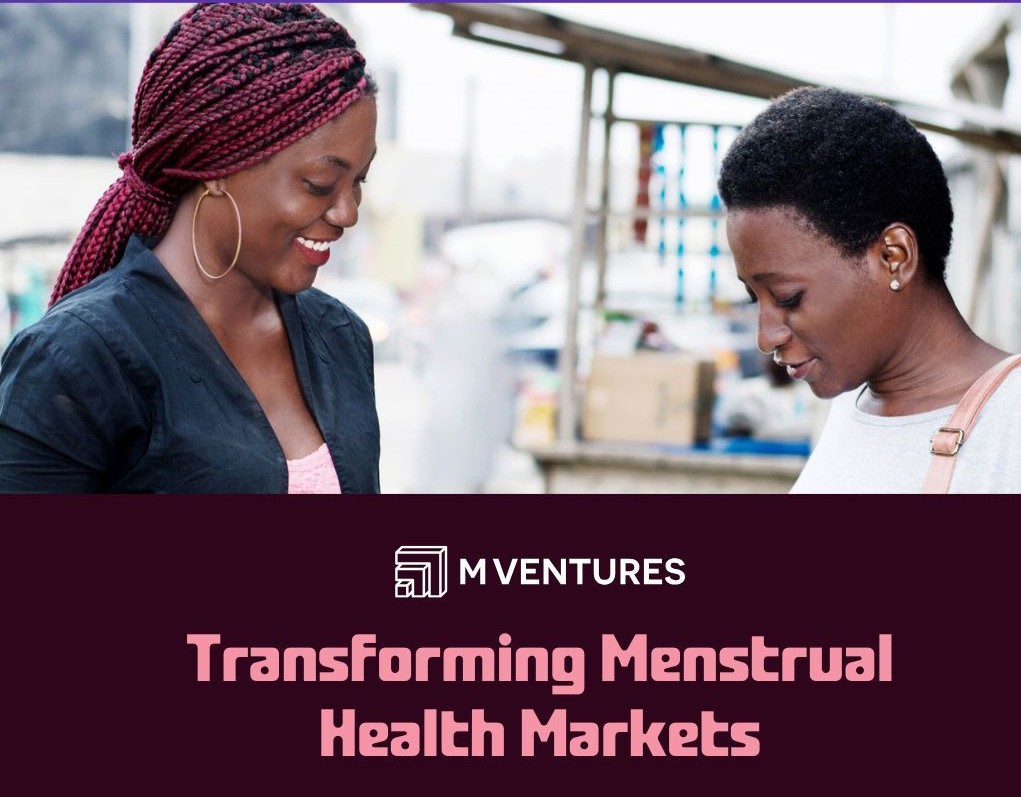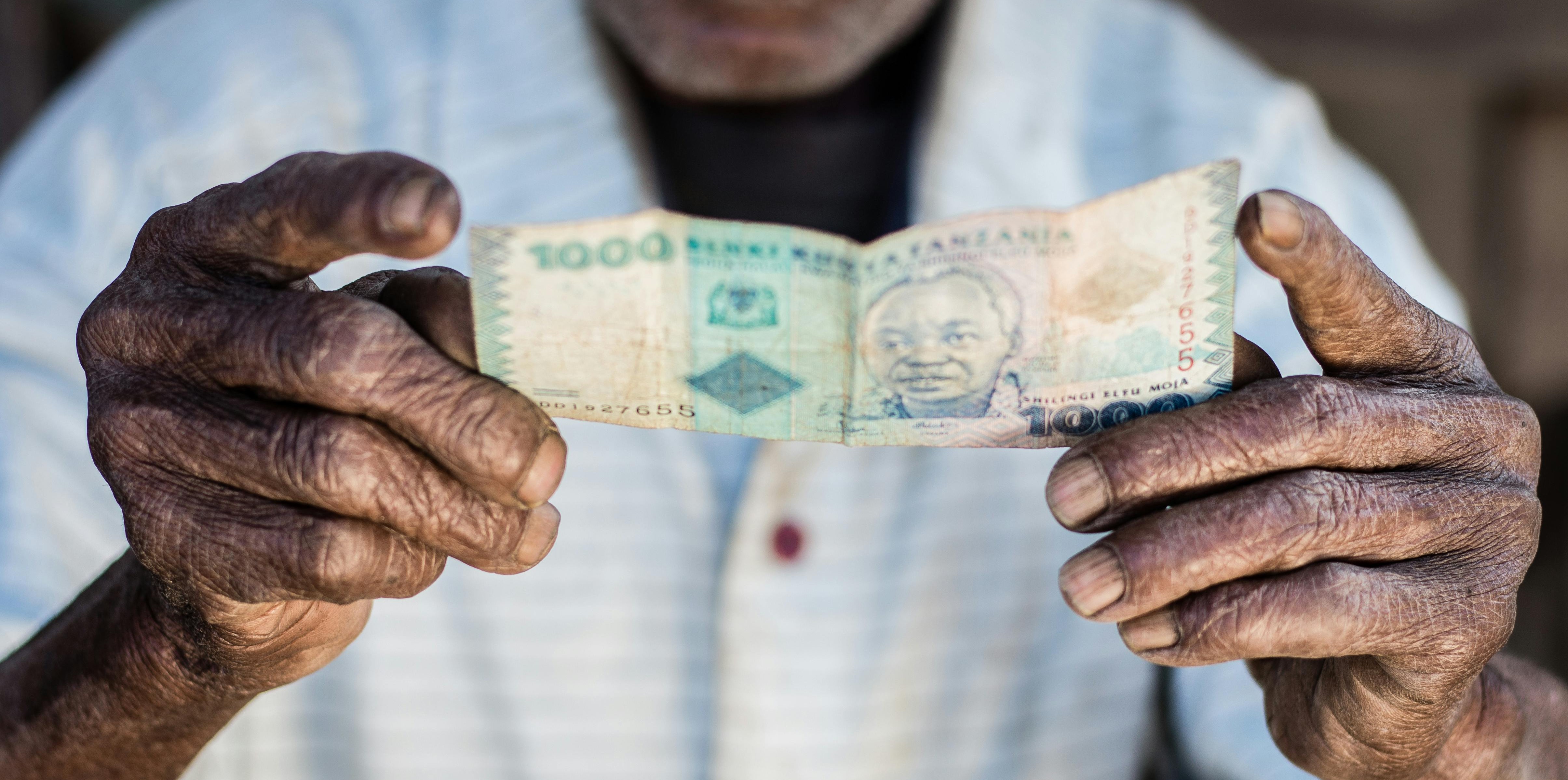
28 May is World Menstrual Hygiene day and we at SHF can’t keep calm!

As a new global fund set up to leverage innovative financing mechanisms to address the global sanitation, hygiene and menstrual health and hygiene (MHH) crisis, we are not the least bit fazed by topics like toilets, poop, germs or periods. In fact, we are passionate and extraordinarily excited about the opportunities to talk about them and collectively tackle related challenges.
As a team, we are committed to not only talk openly about periods but also brainstorm and discuss how we can draw on SHF’s mission and model to meet the alarming gap that exists in access to MHH worldwide. Even today, almost one in four of those who menstruate lack access to life-changing menstrual products. This needs to change and that change needs to happen on several levels, from breaking taboos on menstruation to scaling up local, viable and affordable MHH solutions, all within globally regulated standards and frameworks. The challenges ahead are tremendous but we have to start somewhere and today, we are starting the conversation by sharing some of our team’s thoughts here.
These are personal views shared publicly for the first time, because breaking taboos and challenging status quos starts here.
When I got my first period:
Sue: “I remember my first period well. My relief that it started at home, that my mum was there. The worry that my little sister might not know what was happening as our hushed voices sorted me out. Bewilderment over the complications around thick towels and safety pins. The mixed feelings about being amongst the first of my peers to be in this odd club. The horror that this would now go on for years.”
Rucha: “I was barely 11 years old when I got my first period and I remember feeling part anxious about it being ‘too soon’ and part excited about finally being part of the so far elusive ‘older girls’ club at school. Luckily I knew what was happening to my body and went to my mom to ask her for a sanitary napkin - I have to admit I was slightly thrown at how different a used pad looked from the very sanitized blue liquid version shown in TV ads. Over the years, I suffered from pretty severe cramps and mood swings but I knew, even then, I was privileged to be able to clean, change and express myself freely and safely, no matter where I was.”
When I first learnt about periods:
Sue: “I grew up in the UK. Towards the end of my primary schooling, with our parents permission, the whole class, boys and girls, sat crossed legged to watch a sex education broadcast. I recall explicit messages about sexual morality and growing up....somewhere in there was information about periods, conception, pregnancy and childbirth.”
Rucha: “I was 10 and my mom sat me and a cousin of similar age down and drew graphic images of what would happen inside our body in a few months/years. I remember cringing through most of it but a few months later, when I did get my period, I was relieved to know exactly what was going on.”
Why MHH matters to me personally:
Rucha: “As I mentioned above, growing up in India, my privilege at having access to menstrual health and hygiene, and the freedom to talk about it, was evident to me from a very young age and on a monthly, if not daily, basis. I had friends who had to eat and sleep separately from their families on ‘those days’ and I also knew my mother would buy extra sanitary napkins to distribute them to those in need, trying to do her best but knowing it wasn’t exactly sustainable. As a mother of a young daughter now, I really hope that she, and all those who menstruate in her generation and after, can grow up in a world where they live their potential and their lives, freely and fully, every single day of the month, no matter where they may be.”
Sue: “In my teens and well into my adulthood I missed out on regular life because of debilitating period pain that sometimes resulted in my being hospitalized. Periods curtailed holidays, led to time off work and evoked fear on special occasions when I wanted to look my best. I had access to help, medical expertise, an understanding family, friends and employer. Millions of girls and women simply do not."
James: “Hearing my mother-in-law talk about how women and girls are made to eat and sleep out of the house in a small shed when they have their period in the village where she grew up in Nepal is shocking. But what I find hard to accept is that this is still happening in 2022. In Nepal and other countries it feels to me that we are on the cusp of a big shift in attitudes and these practices will no longer be accepted by boys and girls in my daughter’s generation. I’m proud to be working at SHF to make these changes happen fast."
How I want to contribute to making ‘menstruation a normal fact of life by 2030’:
Rucha: “Through raising my voice where and when I can and especially our work at SHF. Speaking to women like our board member Naomi Tulay-Solanke and other MHH activists and experts gives me hope that solutions exist and I believe that approaches like SHF’s can really help take them to scale, creating lasting impact.”
Dominic: “I know I can never presume to fully understand the experiences and impacts of menstruation on the lives of those who menstruate, but I see the inequities and I know these are unacceptable. This is why at SHF, we are committed to do all we can to transform how the world sees investment in menstrual health. Menstrual health and hygiene investment is literally in the red and it doesn’t have to be. Today, we have local, viable, community-led solutions that offer those who menstruate a viable choice to manage and practice safe menstrual health and hygiene. Such solutions need scale and that is what we at SHF will catalyze.”



